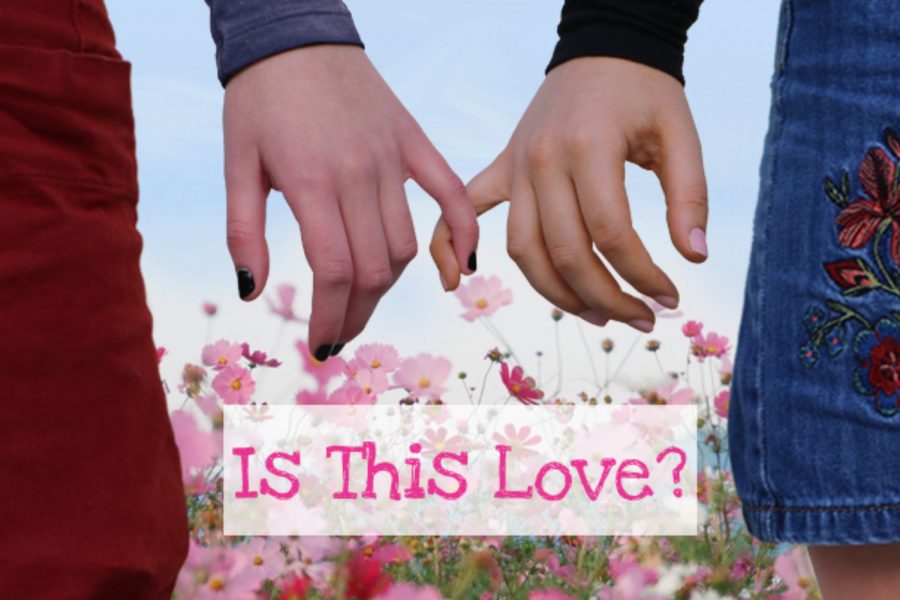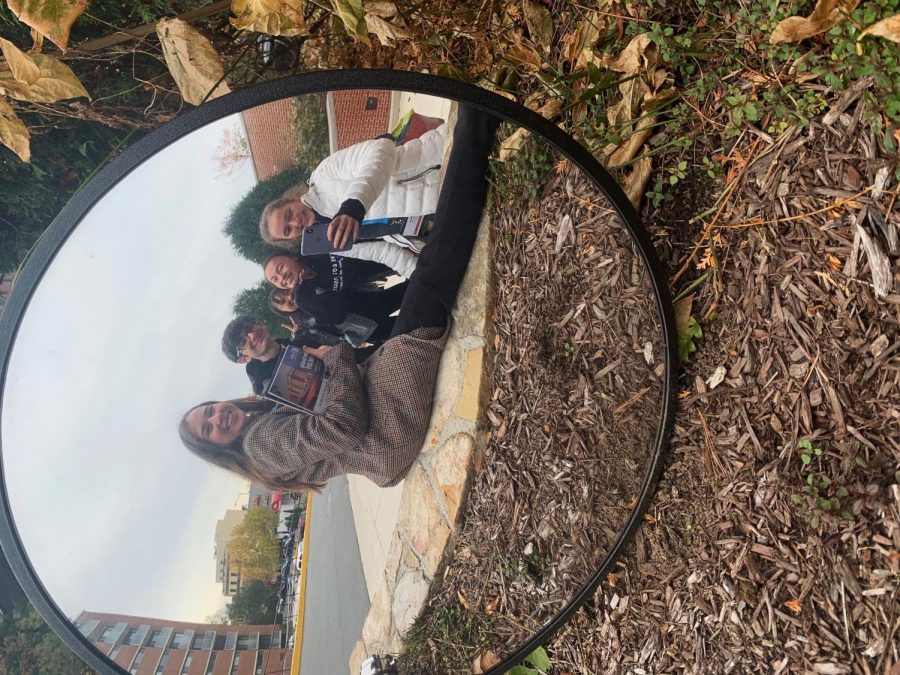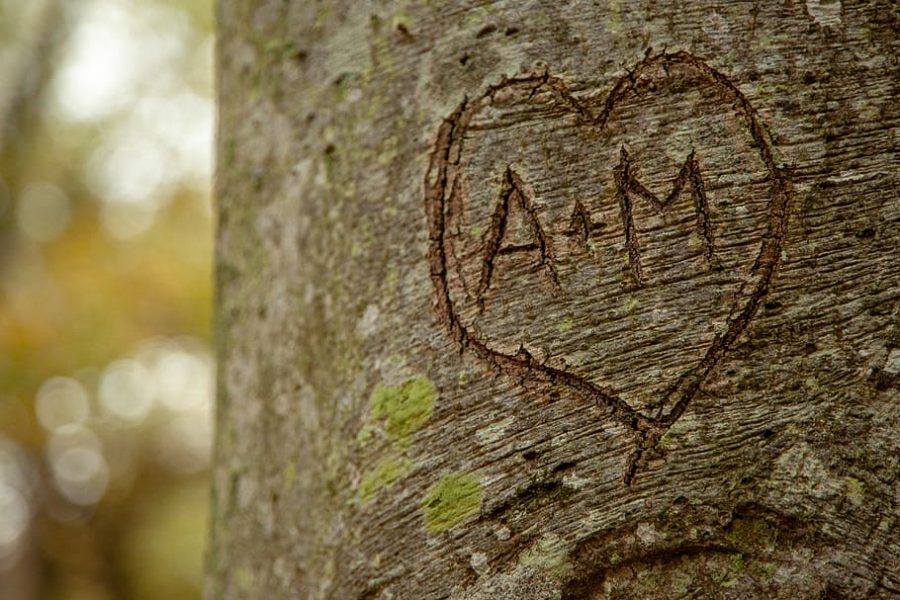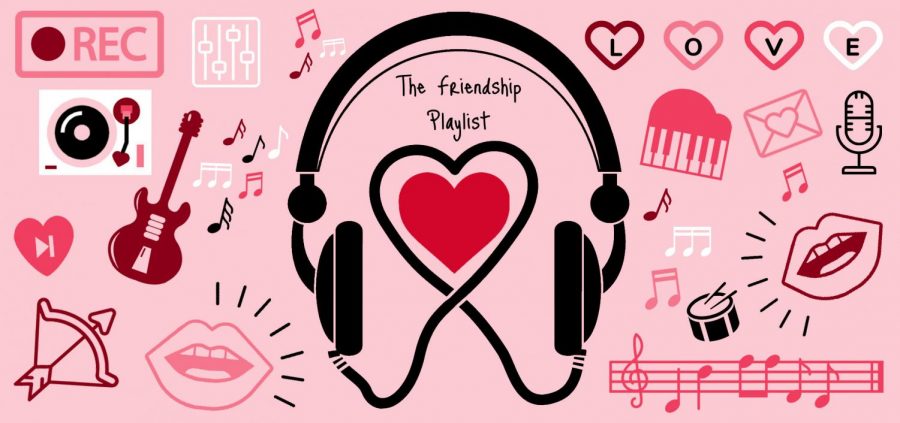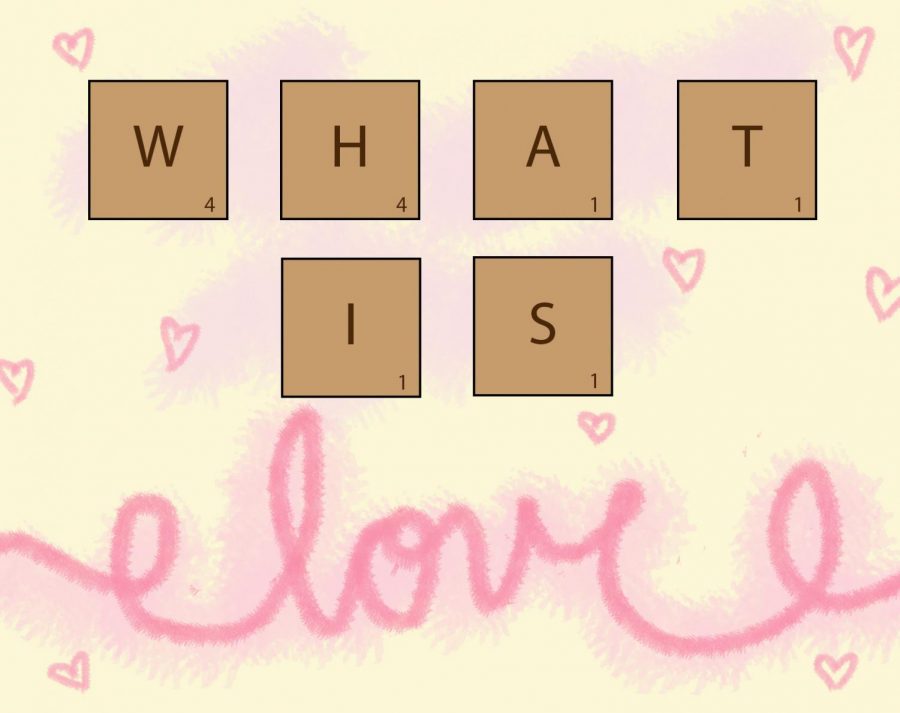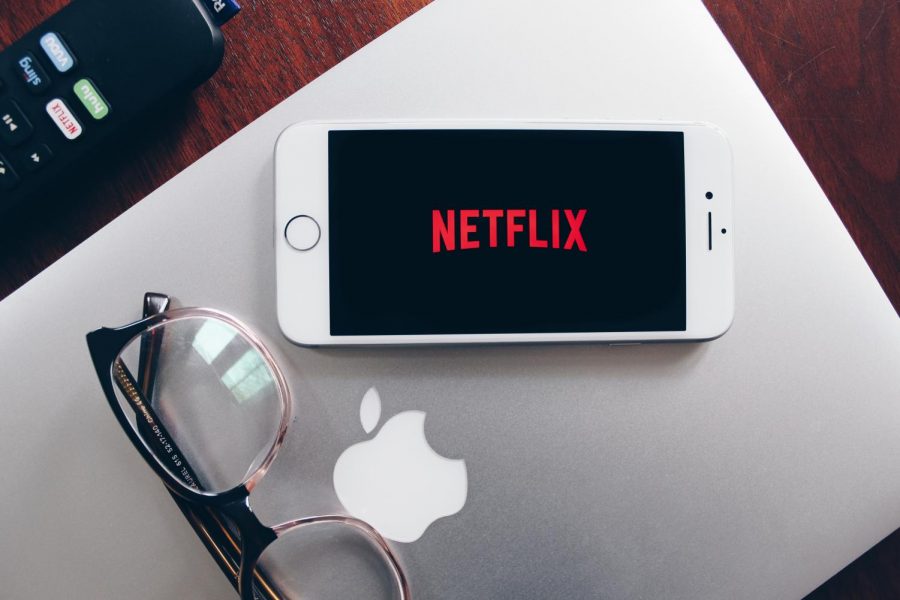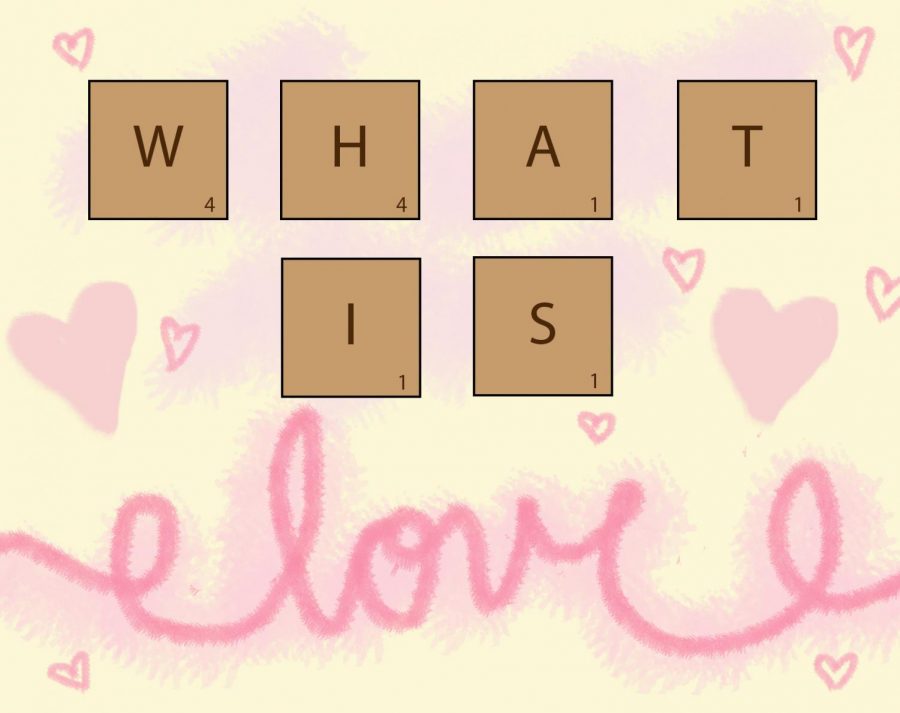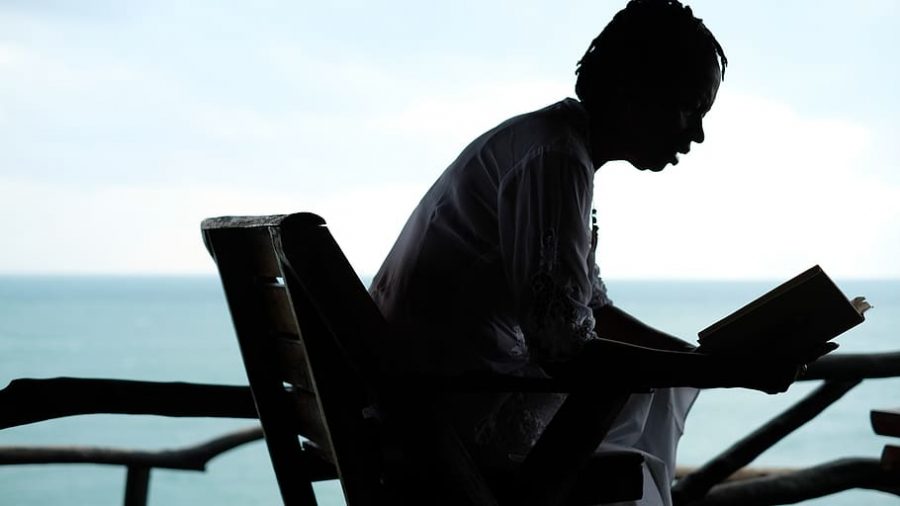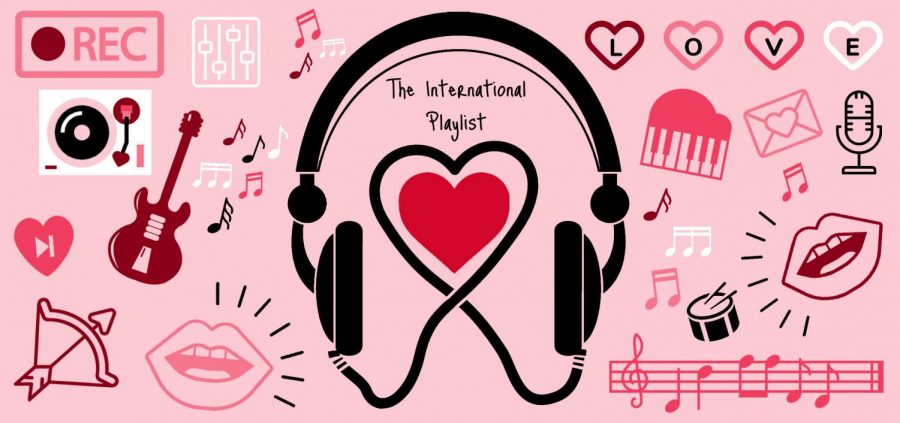
Throughout human existence, love has always been the subject of countless books, poems, and movies. Whatever the medium, one thing’s for sure: society is obsessed with the idea of love, with all its benefits and imperfections.
In the past few decades, we have come to view love as the end-all-be-all of humanity, the coveted goal of human existence. Movies tell us that love is the cure to any and all maladies. Books spin a tale of a whirlwind romance. Countless songs have been made about finding “the one.”
But the truth is that love often doesn’t work that way.
Sure, we might know that one couple that got married straight out of high school, settled down with two kids, and now own a house in suburban Maryland. But for the rest of us, we merely slog through the trials and tribulations of everyday life in the hopes of maybe meeting that someone special.
Society has conditioned us to expect this mind-altering, earth-shattering love to be handed to us. However, it fails to adapt itself to the love it promises; instead, it expects us — the poor, anxiety-ridden, flawed human beings — to mold ourselves into this shining, elusive promise of everlasting happiness.
Take, for example, that society, as we know it today, is far more fast-paced and career-oriented now than it was 60 years ago. In the 1950s, where most of our modern fantasies about love stem from, only 7.3% of American men and 5.2% of American women completed college. Today, that number has more than quintupled.
We are now far more ambitious and focused inwardly than we ever have been before. That’s not a bad thing per se — with more education comes more independence and personal gratification. However, this pursuit of self-actualization is now nearly expected of young people, which simply leaves no room for love.
It’s difficult to fulfill the dream of marrying your high school sweetheart when you move thousands of miles away for college. Relationships fracture under the immense pressure of career-chasing. Of course, it’s doable, but is it really as dreamy and plausible as society makes it out to be?
We have come to expect the perfect romance to be handed to us because that is what society promises. However, in blindly buying into the idea of a “soulmate” or “the one,” we fail to realize that what society is promising is simply unfeasible.
We end up alone on the couch on a Monday evening, eating chocolates and bingeing Netflix because it “didn’t work out” again, all while blaming ourselves for it. But in doing so, we are also blinding ourselves to the millions of possibilities that are out there, simply because we were too focused on the ideal love to see the other types of love that were there all along.

